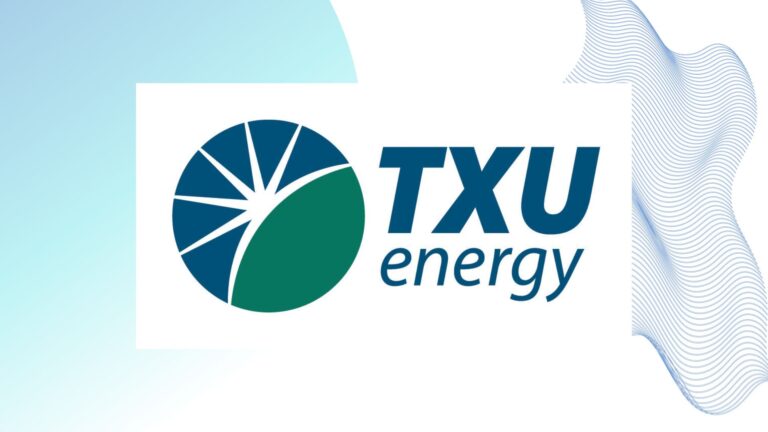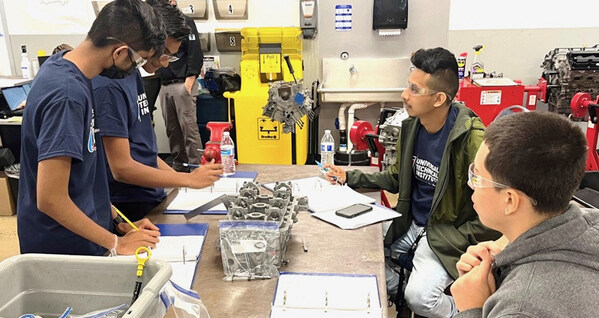
It sounds like the stuff of movies and sci-fi novels, but in a small pilot lab in Clinton, New Jersey, an elite group of ExxonMobil engineers is developing gasoline of the future. Creating fuel for cars that aren’t even on the market seems outrageous—impossible, even—but it’s happening now.
But how do these scientists know what to make? It’s because the brightest minds in science and engineering are also excellent problem solvers.
The challenge in this case is that by 2040 there will be 1.8 billion cars, light trucks and SUVs in the world, up from 1 billion now. Since a major focus for governmental entities and energy producers will be on reducing carbon-intensive output, ExxonMobil looked straight at the heart of the automobile and its source of power: the engine.
“Society expects higher fuel economy but still wants acceleration power,” says Nazeer Bhore, manager of lead generation and downstream breakthrough research at ExxonMobil.
Taking into account the desires of the consumer is largely what led Bhore and his team to their ah-hah idea: making fuels of the future for tomorrow’s advanced turbochargers.
If you’ve driven a fuel-efficient vehicle lately, you may have noticed that the acceleration feature leaves something to be desired. Fuel-efficient engines are smaller than engines of typical cars and trucks, so they lose power. A turbocharger gives the engine that power back. Though turbochargers may seem like gas guzzlers, given the way they launch a car forward, they actually save energy by utilizing the engine’s exhaust gas and feeding it back to the engine when the driver accelerates.
So, since the vast majority of new vehicles on the road will still run on gasoline or diesel, automakers are making customized, more fuel-efficient engines that will require the right gas to match. The gasoline ExxonMobil engineers are developing today, therefore, is being adapted to fit the needs of the turbocharged engine in the future.
Even though creating new fuels is a specialty of ExxonMobil, some may consider a 30-year projection to be an overreach. “It’s a calculated risk, but technology is changing, and what was not possible yesterday is now possible today,” Bhore explains. Scientists in ExxonMobil’s New Jersey labs are making it a priority.
One thing’s for certain: The next-generation fuels and lubricants brewing in ExxonMobil’s pilot labs meet the central tenet of fuel efficiency—the ability to do more with less, for more people.
Source: ExxonMobil






